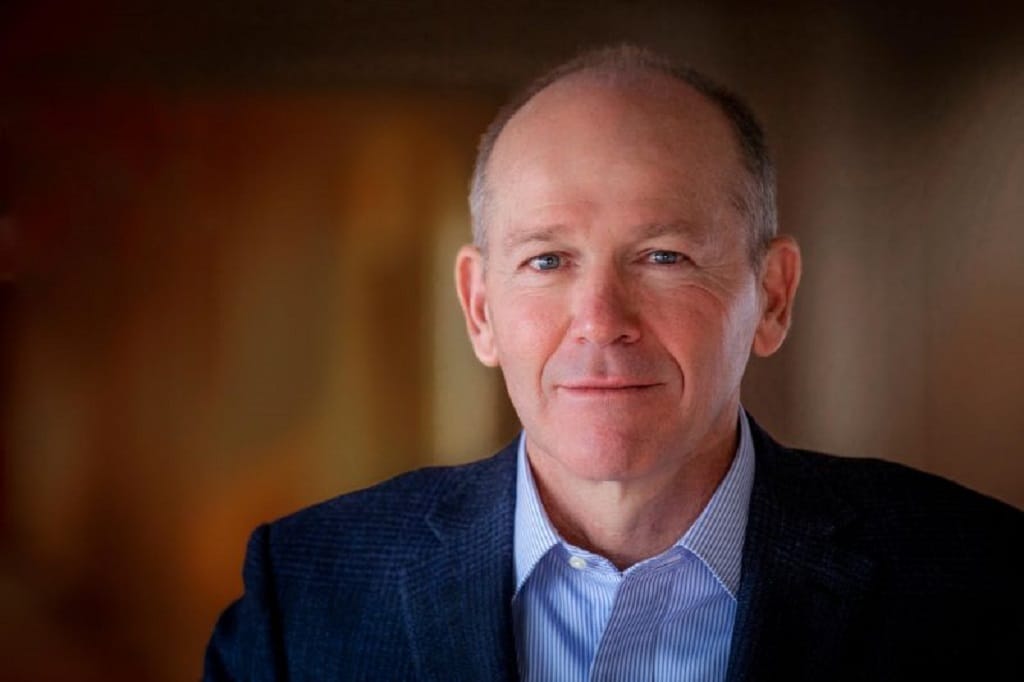FCC Approves Boeing LEO Satellites, Esri Pilots Broadband Data Program, ‘Dystopian’ Metaverse
Boeing jumps into increasingly competitive but nascent LEO broadband race.
Justin Perkins

November 4, 2021–– The Federal Communications Commission approved Wednesday the Boeing company’s proposal to launch satellites for broadband deployment.
With the FCC’s approval, the aircraft manufacturer can now build and operate its own broadband internet network from space by launching 132 satellites into low Earth orbit.
The FCC also approved Boeing’s request for an additional 15 satellites to enter an altitude reaching upwards of 27,478 miles from Earth, lower than traditional geostationary satellites.
Boeing says that the satellites will be used to provide high speed broadband in the U.S. and around the world once the network is completed. The services will be available to residential customers, government and business users in the U.S., Puerto Rico and the U.S. Virgin Islands during the network build-out process.
Boeing thus joins SpaceX’s Starlink and Amazon’s Project Kuiper in an increasingly competitive race to provide services in the nascent space of low Earth orbit satellite service.
SpaceX, which plans to eventually launch 12,000 satellites total, has previously expressed concern that Boeing’s satellites could collide with other satellites in low orbit. However, the FCC said SpaceX has agreed to accept that their low-orbit satellites may face some interference from satellites launched under Amazon’s Project Kuiper. Amazon said it would invest more than $10 billion to build and deploy over 3,200 low-orbit satellites.
Esri pilots broadband solutions program with National League of Cities
Esri, a data company, announced Monday a partnership with the National League of Cities to test geographic data to identify areas in need of broadband.
The test – which will focus on Cedar Rapids, Iowa, Purcellville, Virginia and Butte-Silver Bow, Montana – will include an identification of priority populations and gaps in broadband coverage, crowdsource internet speed data from residents to create a dataset, plan for service expansion, and communicate the information with internal and external stakeholders.
“The recent pandemic has brought attention to a challenge that has persisted as long as many areas have gone without the necessary connections to the world enabling them to live and do business,” said Jack Dangermond, founder and president of Esri. “We are happy to be able to work so closely with local jurisdictions to define approaches to closing the digital divide and deliver solutions that truly meet the needs of cities,” he said.
Facebook early investor calls Metaverse ‘dystopian’
One of Facebook’s earliest investors called the social media company’s metaverse plans “dystopian.”
“Facebook should not be allowed to create a dystopian metaverse,” Roger McNamee, a former investor and mentor of Mark Zuckerberg, said Thursday about the company’s plans, following the company’s change of name to Meta. McNamee has emerged as a regular critic of Facebook after he started to see more misinformation on the platform, the BBC reports.
“There’s no way that a regulator or policymaker should be allowing Facebook to operate there [in the metaverse] or get into cryptocurrencies,” he said. “Facebook should have lost the right to make its own choices. A regulator should be there giving pre-approval for everything they do. The amount of harm they’ve done is incalculable.”
Facebook says the metaverse will be a set of “virtual spaces” where people can “create and explore” with other people who aren’t in the same physical space. “You’ll be able to hang out with friends, work, play, learn, shop, create, and more” the company said.
Facebook is battling public and regulatory scrutiny for its business practices after Facebook whistleblower Frances Haugen disclosed hundreds of internal documents showing the company failed to act against rising hate speech and social division. The company announced Tuesday that it would be shutting down its facial recognition system “in the coming weeks” over concerns about the technology’s negative repercussions.









Member discussion